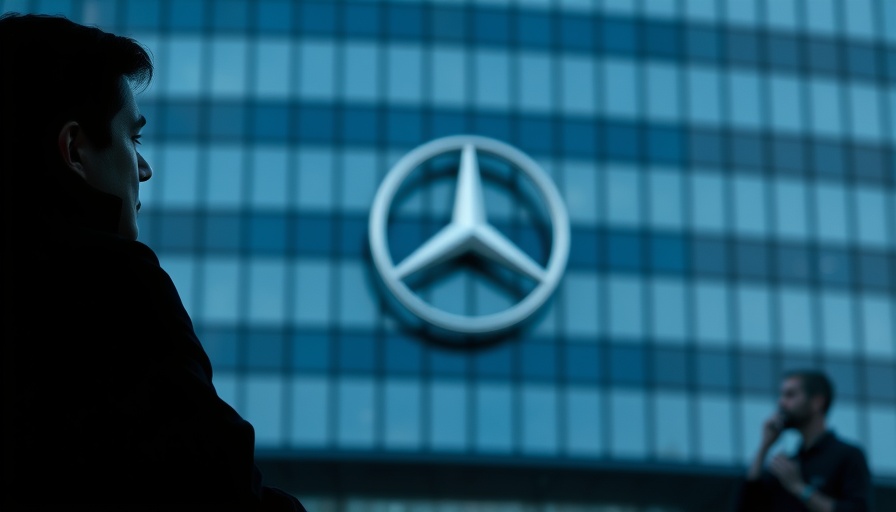
Luxury Car Makers Bear the Brunt of U.S. Tariffs
Recently, esteemed luxury automakers Porsche, Mercedes-Benz Group, and Aston Martin revealed alarming financial implications stemming from U.S. import tariffs. Collectively, these industry giants have flagged combined costs exceeding $889 million. This hefty price tag signals a critical moment for international trade and automotive industries.
Tough Times Ahead for Luxury Brands
Oliver Blume, the chairman of Porsche, lamented that “this is not a storm that will pass.” Instead, this reflects a more alarming reality for luxury automotive manufacturers who have often enjoyed robust profit margins. Higher tariffs could lead to increased prices for consumers, and potentially stunted sales in the luxury segment.
Broad Implications for Business Economics
This announcement resonates beyond the automotive sector. Financial institutions such as business lenders and banks must consider how these rising costs affect consumer spending and overall economic activity. As costs rise, luxury carmakers may need to pass on these expenses to buyers, impacting their competitiveness in a shifting market.
Looking Ahead: Strategies for Adjustment
The automotive industry must adapt to these stringent economic conditions. Luxury brands might explore strategies such as adjusting their supply chains, re-evaluating pricing strategies, and enhancing operational efficiencies to mitigate the impact of tariffs. Stakeholders, including lenders and banks, should stay attuned to these shifts, as the regulations that govern trade evolve.
 Add Row
Add Row  Add
Add 




Write A Comment